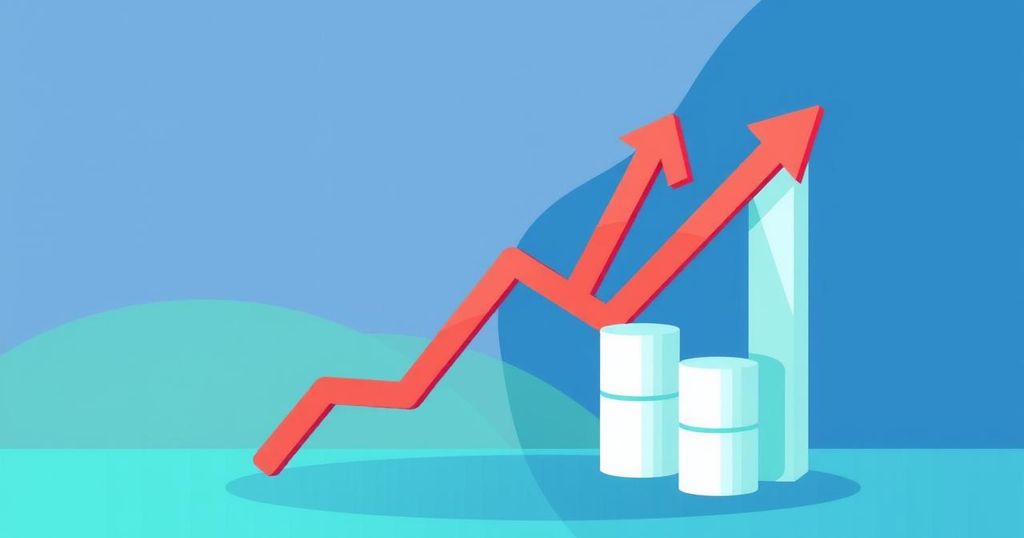Nigeria’s debt service payments decreased from $540 million in January to $276 million in February 2025, as reported by CBN. This drop indicates successful debt restructuring efforts amidst rising Letters of Credit, signifying trade recovery. President Tinubu notes improvements in the revenue-to-debt service ratio, while concerns over increasing total debt stock and fiscal discipline remain prevalent.
In February 2025, Nigeria’s total debt service payments experienced a significant decrease, dropping from $540 million in January to $276 million. This information was reported by the Central Bank of Nigeria (CBN), indicating measures taken by the federal government to restructure its debt and improve dollar liquidity. The decline highlights the mounting pressure of debt obligations on Nigeria’s foreign reserves and fiscal sustainability.
Alongside reduced debt service payments, there was a notable increase in Letters of Credit (LCs), which totaled $95.6 million in February 2025—an impressive 48% rise compared to $64.6 million in January. This surge indicates a revival in trade financing and import activities as businesses adapt to the fluctuating naira and governmental policies designed to stabilize trade.
President Bola Tinubu noted an improvement in Nigeria’s revenue-to-debt service ratio, showing a decline from 97% to 65% within the first 17 months of his administration. The federal government continues to engage with global lenders to mitigate Nigeria’s escalating debt burden, while the CBN’s monetary policy aims to stabilize the naira amidst these external obligations.
The Debt Management Office (DMO) revealed a substantial 69% increase in Nigeria’s debt servicing payments during the first half of 2024, amounting to N6.04 trillion compared to N3.58 trillion in the same period the previous year. This increase underscores the pressures on the Federal Government as it allocates a large portion of financial resources to debt repayment.
The World Bank has raised alarms regarding the rising debt service costs affecting developing nations, warning of potential financial crises if coordinated efforts are not initiated promptly. Experts argue that raising oil revenues, effective tax collection, and strategic debt restructuring could help maintain lower debt service payments moving forward, though concerns about the rising total debt stock and the necessity for strong fiscal discipline persist.
The recent reduction in Nigeria’s debt service payments reflects governmental efforts toward debt restructuring and improved liquidity, balancing economic challenges with stabilizing trade financing. The significant rise in Letters of Credit indicates a recovery in trade activities, while ongoing engagements with global lenders seek to alleviate debt burdens. Despite these positive developments, the country faces challenges due to a rising total debt stock, necessitating stronger fiscal discipline moving forward.
Original Source: nairametrics.com




